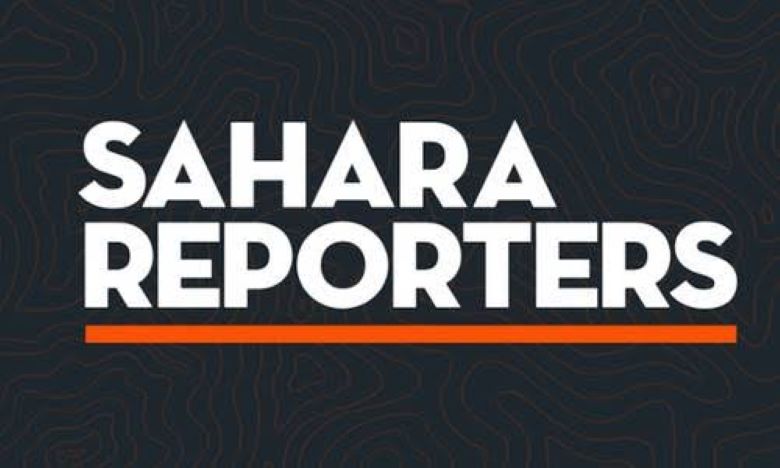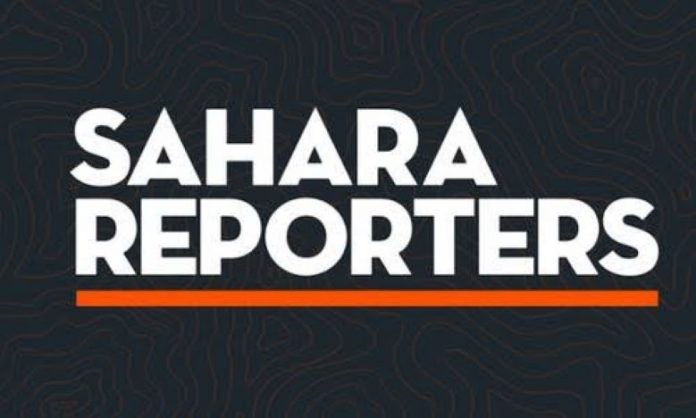By Danjuma Lamido
In every democracy, the role of the press is central to transparency, accountability, and justice. Yet, there is a thin line between responsible journalism and reckless disregard for the law. Sahara Reporters, unfortunately, has continued to cross that line by publishing confidential police and security documents in violation of Nigeria’s laws.
- The Law Is Clear: Confidential Documents Must Remain Confidential
Nigeria’s Official Secrets Act leaves no room for ambiguity. It prohibits unauthorized publication of classified government information. Any public servant who leaks or publishes such material without lawful authority commits an offense punishable by a fine and/or imprisonment.
The Criminal Code Act further criminalizes the act of publishing or leaking official documents known to be confidential, thereby reinforcing this prohibition. Importantly, neither the Constitution nor the Freedom of Information Act provides a defense for journalists or media platforms to override these legal safeguards under the guise of “public interest.”
In fact, the Federal Government reiterated in July 2024 that unauthorized leaks of official documents remain a felony. Simply put, the law is unambiguous: confidential documents must remain confidential.
- Sahara Reporters’ Publications: A Pattern of Breach
Sahara Reporters has made a habit of recklessly releasing documents that are never meant for public circulation. A few examples stand out:
- Leaked DSS Memo (2024): Sahara Reporters published a DSS directive to airport authorities to arrest activist Omoyele Sowore upon arrival.
- Watchlist Directive: In the same publication, the platform disclosed that Sowore had been placed on a security watchlist—again, from an internal memo.
- Free Movement for Abacha’s Children: Another DSS memo, granting the children of late General Sani Abacha unrestricted travel privileges, was exposed by Sahara Reporters.
- Leaked Intelligence Report (2019): The platform publicized a DSS intelligence document on planned Boko Haram attacks, a report originally meant for the Police Command in Ondo State.

These are not isolated lapses. Sahara Reporters has repeatedly published memos, operational plans, and intelligence analyses marked “confidential” or “classified.” Such reckless disclosures put lives and national security at risk.
- Why It Matters: The Risks of Such Recklessness
- Compromised National Security: Publishing operational directives undermines active security efforts and exposes citizens and officers to danger.
- Violation of Legal Obligations: By enabling the unauthorized disclosure of protected information, Sahara Reporters may be complicit in breaching the Official Secrets Act and Criminal Code.
- Erosion of Institutional Trust: Security agencies depend on confidentiality. Constant leaks corrode trust within these institutions.
- Undermining Rule of Law: While transparency is essential, it must never come at the cost of national security or in direct violation of established law.
- The Legal Consequences: Real Penalties Exist
The laws are not toothless.
- Under the Official Secrets Act, publishing confidential materials can lead to one year imprisonment and/or a fine.
- The Criminal Code Act states that public servants who abstract or copy official documents without authority are guilty of a misdemeanor, punishable with one year in prison.
Even if Sahara Reporters is not staffed by public officials, those knowingly in possession of and publishing confidential documents can still be held criminally liable. This points to a systemic disregard for the law, a culture of unauthorized disclosure, that must be checked.
- Conclusion: Press Freedom Must Respect Legal Guardrails
As someone who values fearless journalism, I strongly believe that accountability must coexist with legality. Sahara Reporters’ consistent publication of confidential police and DSS documents demonstrates a willful defiance of the Official Secrets Act and Criminal Code. This is not bold journalism; it is recklessness dressed as activism.
The press must never compromise national security in the pursuit of sensationalism. Sahara Reporters must rethink its approach and recognize that press freedom does not mean freedom from the law. Nigeria, in turn, must enforce these protections decisively if we are to safeguard both our security and the integrity of journalism.
A responsible press strengthens democracy; an irresponsible one weakens it. Sahara Reporters, sadly, is walking the latter path.
Danjuma Lamido is the Publicity Director of Integrity Youth Alliance. Email: danjumalamido2011@gmail.com


